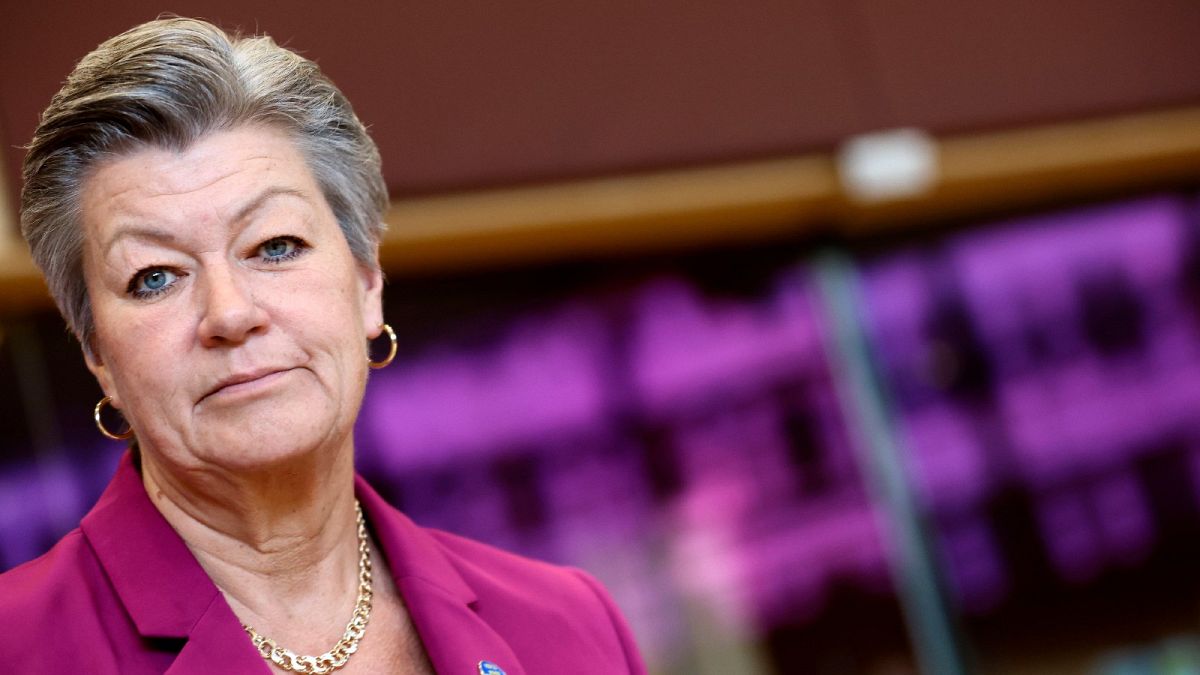More than 7,000 victims of trafficking are registered in the EU every year. The majority -- 53% -- are EU citizens.
The majority of human trafficking victims in the European Union are EU citizens, Brussels claimed on Monday as it unveiled plans to toughen its existing measures to combat such offences.
The proposed amendments to the Anti-Trafficking Directive include adding forced marriage and illegal adoption as forms of exploitation that should be criminalised. Brussels also wants to make it illegal to knowingly use a service — such as prostitution or construction work — provided by a victim of trafficking.
To respond to an increasing shift online, the European Commission also wants tougher sanctions against companies responsible for trafficking offences.
These measures are currently voluntary for EU countries. But Home Affairs Commissioner Ylva Johansson told reporters that "very few member states, if any, have done so".
"We have seen that the numbers of suspected criminals have gone up (during) the last years, but the numbers of convicted persons are not going up very much. So still, there is a huge problem with impunity," Johansson added.
Adding these amendments to existing legislation would make them compulsory for all 27 EU countries.
More than 7,000 victims of trafficking are registered in the EU every year although this is "only the tip of the iceberg", Johansson said.
Women and girls account for 63% of the victims and just under a quarter are children. The majority -- 53% -- are EU citizens.
More than a third of child victims are trafficked in their own country, Johansson said. "So it's not necessary to also go across the border to be a victim of trafficking."
Most victims — 51% — are trafficked for sexual exploitation and 28%, primarily men, are victims of labour exploitation with agriculture, construction, forestry, food processing, cleaning services, housekeeping, and domestic assistance listed as high-risk sectors.
The European Commission's proposals now need to be formally endorsed by both the European Parliament and the European Council to be transposed into national law.
